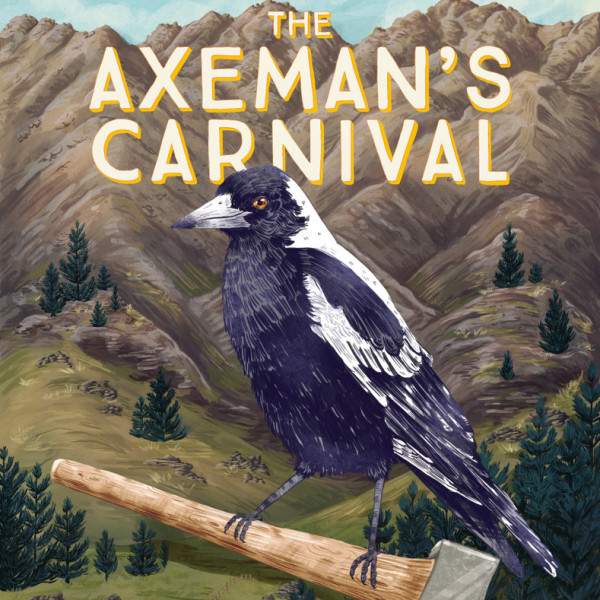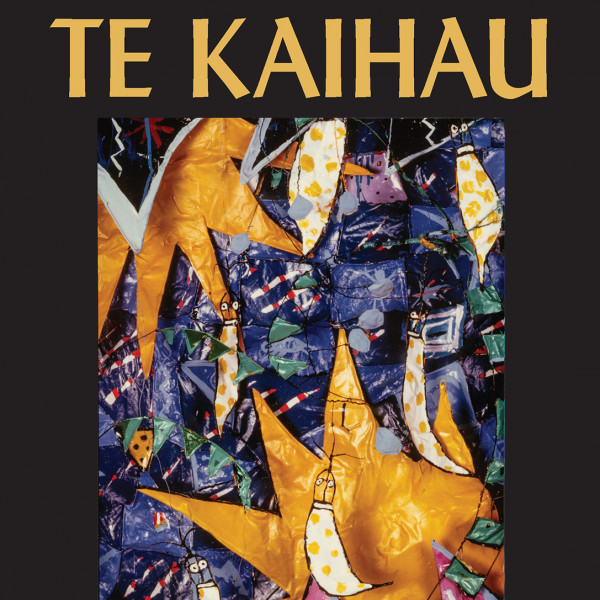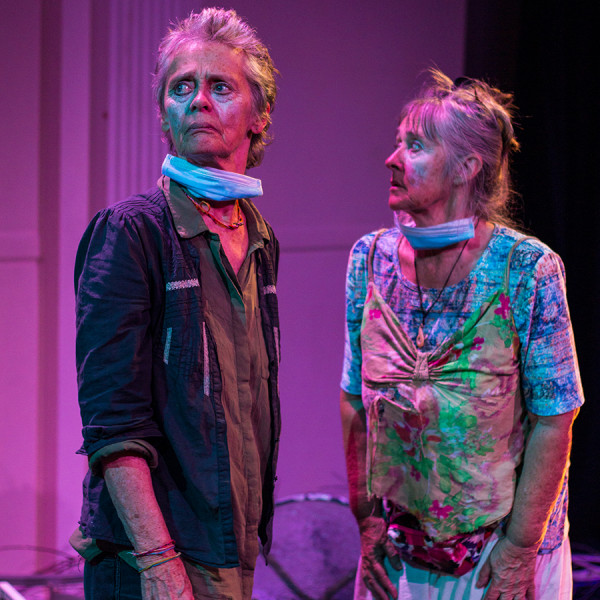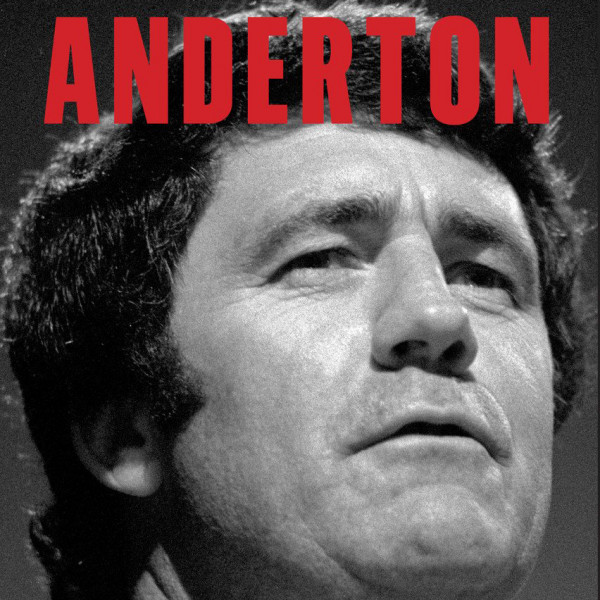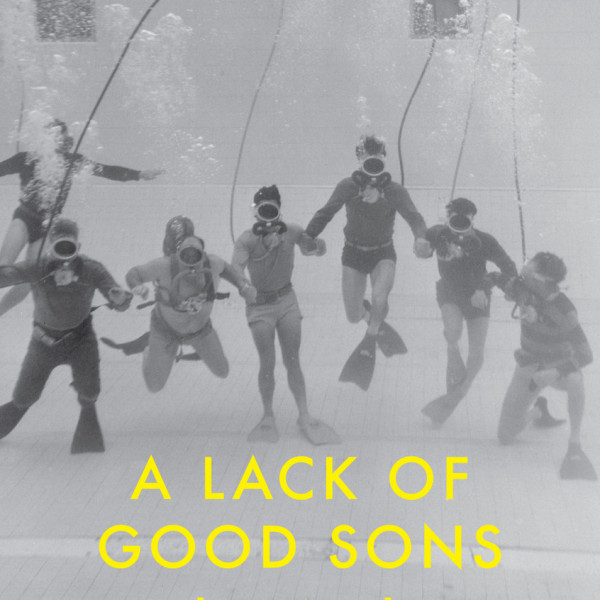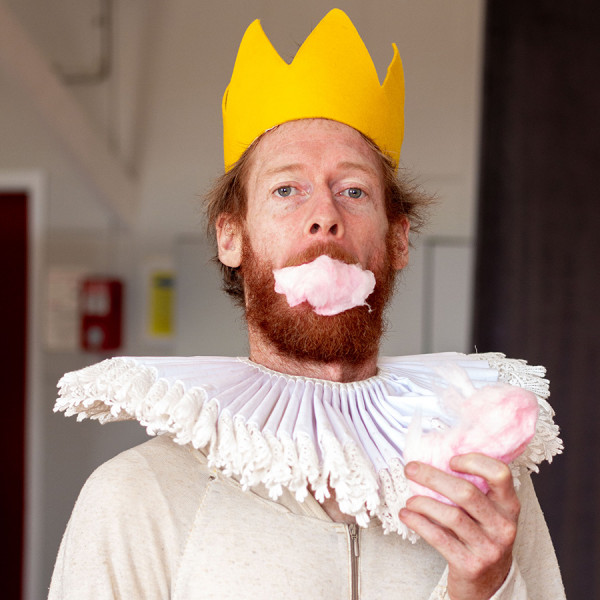
Funny Gurl!
Presented by: Wigl’it Productions
Circa Theatre, 12th Apr 2023
Reviewed by: Tanya Piejus
How did a young Kiwi boy from a staunch Catholic family who grew up in the no-nonsense 90s become the uber glamorous Anita Wigl’it, star of RuPaul’s Drag Race Down Under? In this one-hour, one-woman tell-all, replete with sexual innuendo, fabulous costumes with more sparkle than you can shake a sequin at, and some really embarrassing photos, you can discover the unvarnished truth.
Anita (aka Nick) takes us on a highly personal journey of equal parts fun and vulnerability with the help of a projector and a backdrop of prettily painted flats that turn out to be the set from the daytime kids’ show in Circa Two. It all starts in 1989 with the birth of a prince who is destined to become a queen. This is by way of a few years in England, dodgy dress ups, rugby-playing high-school bullies, a lesbian girlfriend, discovering drag in Auckland through Priscilla: Queen of the Desert, playing the Last Post for the Navy in Gallipoli, and winning her first drag competition in Vancouver.
These factoids from Nick/Anita’s life are interspersed with hilarious performances of songs, my favourite of which is Shirley Bassey’s Goldfinger (yes, it does get as smutty as you’d think). If you’re a shrinking violet, definitely don’t sit in the front row. But it’s not all laughs; a heart-breaking video confessional about a pernicious sexual assault followed by a stunning jazz trumpet piece brings the opening night audience to much-deserved tears.
With lovely lighting and slickly operated tech by our star’s husband, who was apparently dragged in at the last minute to operate, this is a simple but effective ̶ and affecting ̶ production. A disintegrating microphone causes unintended hilarity, which Anita deals with through some impressively quickfire and smart improv.
Even if drag isn’t your bag, this is an intelligent and inspiring story about someone who has overcome a life full of challenges to become a raging success living as their true self. And we can all take lessons from that.





